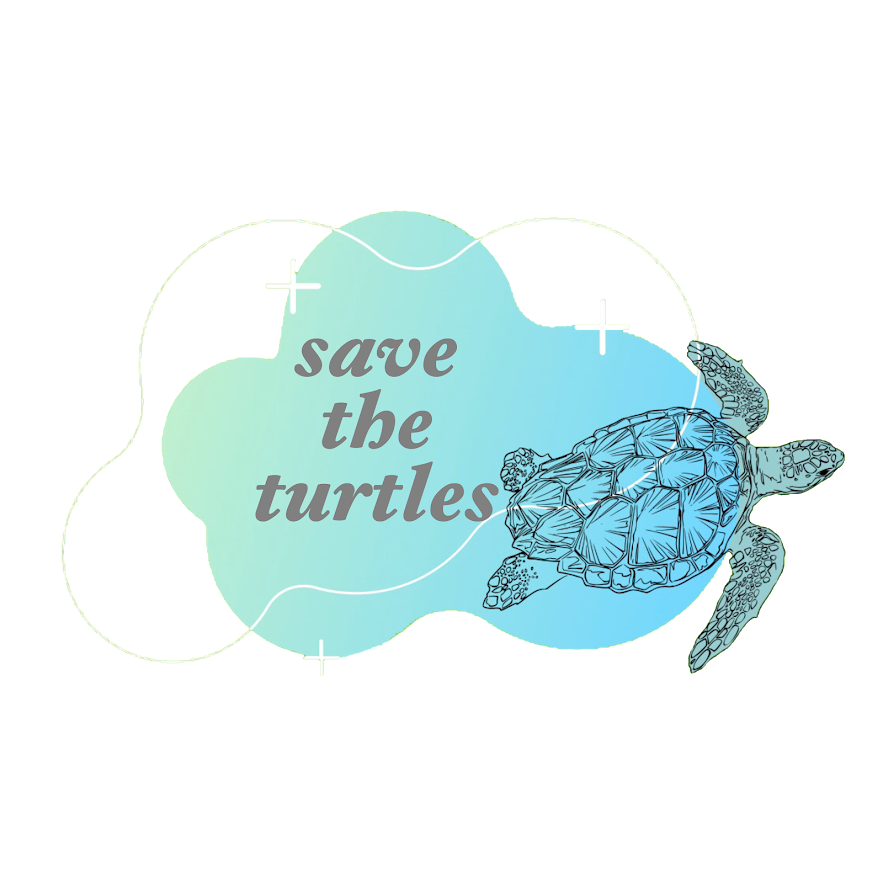
Plants and animals living in surface waters are accustomed to particular water quality conditions. If the water quality changes, some plants and animals can no longer survive there.
By 2050, if practices continue, there will be more plastic than fish in the world’s oceans.
how have marine animals been affected?
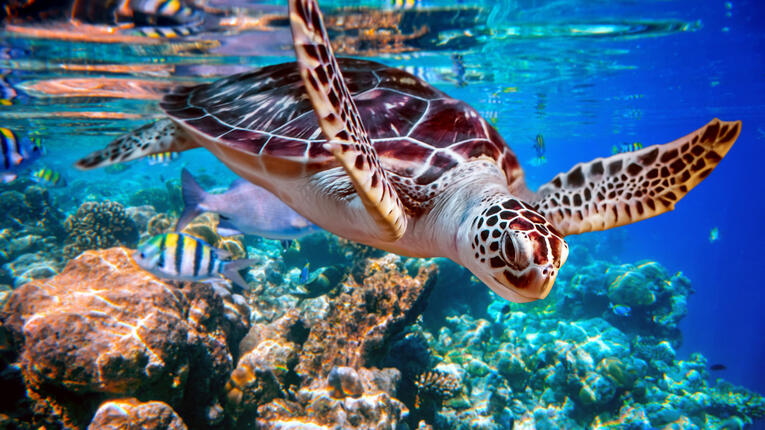
1,000+
turtles are dying each year because of plastic and other ocean pollution
~52%
of all sea turtles have consumed plastic
After ingesting plastic, some starve after, believing they have eaten enough because their stomachs are full
Fibropapillomatosis, or FP, is a threatening disease to sea turtles that may be linked to ocean pollution, FP slows down turtles and makes them more vulnerable to predation and collisions w/ boats
Toxic metals may concentrate in the liver and kidneys of sea turtles
Chronic exposure to pollutants makes sea turtles susceptible to disease and death
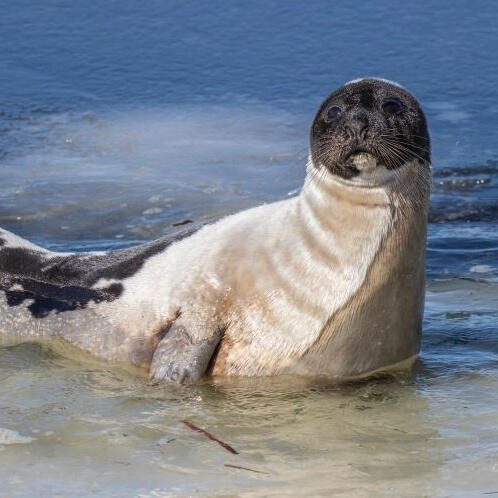
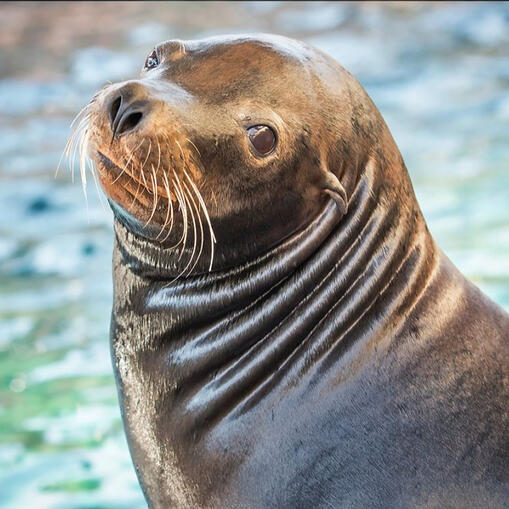
Seals’ thick layers of blubber absorb and retain pollutants from industrial waterways
Seals exposed to contaminants were more vulnerable to infections, viruses, and death
As the seals grow, litter trapped around a seal’s neck can cut deeper and deeper into the skin, the wound becomes infected, and the animal can no longer fish
Due to the warming of the Pacific Ocean, sea lions in Southern California began to starve
388
sea lions were entangled in plastic during an eight-year study in Southeast Alaska and British Columbia
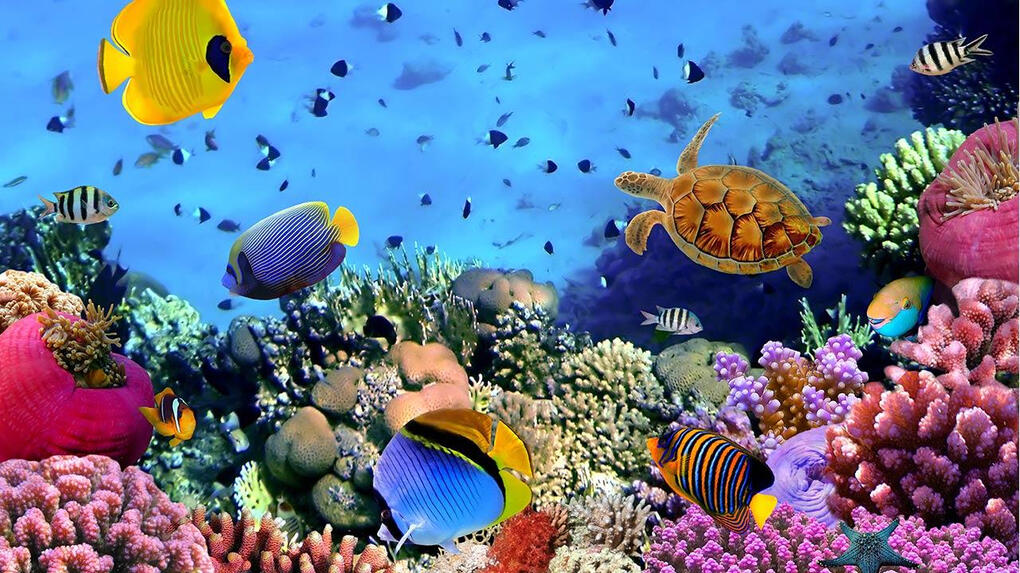
When nutrients wash into waterways through storm runoff, they deplete oxygen in the water that fish need to survive.
Pesticides and heavy metals that enter waterways can also harm or kill fish
38%
of European freshwater fish species are threatened with extinction and 12 are already extinct.
The fish humans continue to consume have at one time or another ingested plastic microfibers
Human activity is also the biggest threat to freshwater fish
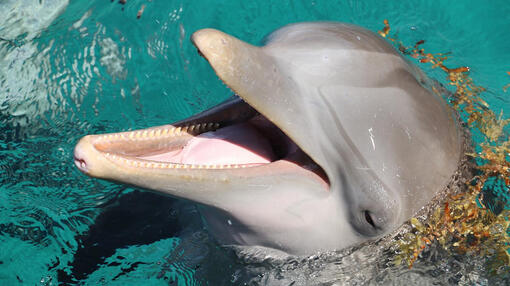
The obstructions of plastic often punctured and tore the stomach lining, leading to starvation and death.
For oil spills, once dolphins are surrounded by it, there is a risk that the toxic oil will enter their blowholes and mouths
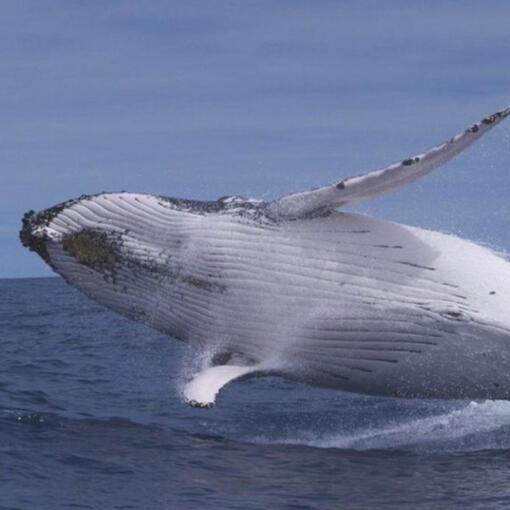
Noise pollution also threatens whale and dolphin populations, interrupting their normal behavior and driving them away from areas important to their survival
80 plastic bags
were found in the stomach of a whale
Some Organizations Focused on Saving Our Oceans
Oceana: Oceana is involved in efforts to end major sources of ocean pollution such as oil, mercury, aquaculture and shipping emissions
The Nature Conservancy: the Nature Conservancy operates projects that include work to create sustainable fisheries, while protecting and restoring fish habitat; improving the health of coral reefs; protecting the coastlines, etc.
Marine Megafauna Foundation: MMF focuses specifically on research and conservation for threatened marine-megafauna species, such as sharks, rays, marine mammals and turtles
World Wildlife Fund: WWF’s top priorities are working with fishers, fishing companies, and scientists around the globe to understand and meet sustainability standards
Easy Ways to Help Besides Petition Signing and Donating
Invest in reusable containers
Bring your own cutlery
Pick up trash when you see it
Clean up after yourself, and collect any litter you see
Do not throw fish waste back into the waterway when fishing as it can cause contamination
Do not pour fat from cooking or any other type of fat, oil, or grease down the sink. Keep a “fat jar” under the sink to collect the fat and discard in the solid waste when full.
Do not flush pills, liquid or powder medications or drugs down the toilet.
Run the dishwasher or clothes washer only when you have a full load to conserve electricity and water.
Use the minimum amount of detergent and/or bleach when you are washing clothes or dishes.
Minimize the use of pesticides, herbicides, fertilizers.
